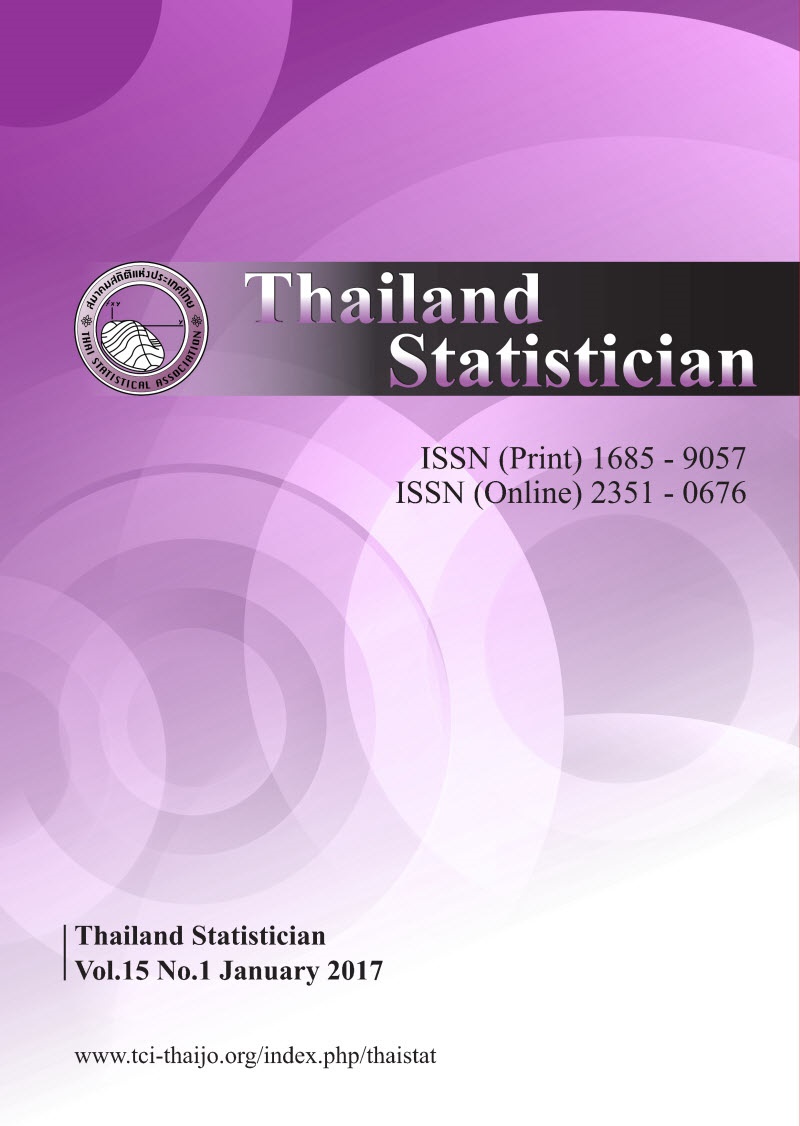Least Squares Method of Estimation Using Bernstein Polynomials for Density Estimation
Keywords:
Bernstein polynomials, density estimation, nonparametric method, constraints least squares methodAbstract
A novel method is used to convert the density estimation to the well-known problem of weighted least squares subject to restrictions on parameters. In turn, the problem is solved using the efficient quadratic programming method. Numerous simulation studies are performed to fast the validity of the proposed method and it is shown that mean integrated squared errors (MISE) of density estimator is smaller than standard estimator. There are various values of MISE at different degree of Bernstein polynomials, m. From our method, the MISE at m optimal will have the lowest value compared with other m. This result proved that m optimal is suitable to achieve the best density estimation. At the m optimal, comparing with Kernel method, the Bernstein polynomials can provide better (less) MISE for all simulated types of probability function.Downloads
How to Cite
Thongjaem, P., Ghosh, S. K., & Budsaba, K. (2015). Least Squares Method of Estimation Using Bernstein Polynomials for Density Estimation. Thailand Statistician, 11(1), 45–65. retrieved from https://ph02.tci-thaijo.org/index.php/thaistat/article/view/34216
Issue
Section
Articles




